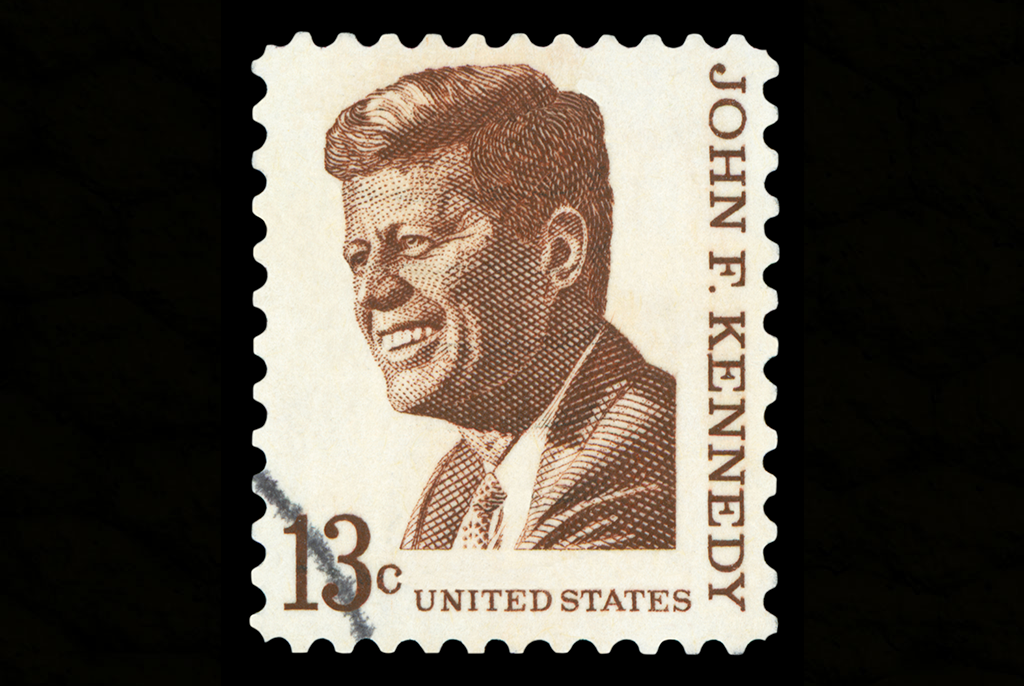Leadership lessons from JFK and the Cuban Missile Crisis

“Leadership and learning are indispensable to each other.” — John F. Kennedy
In 1962, America and Russia hurtled toward thermonuclear annihilation.
World War II’s once-allied superpowers had become lethal adversaries, each distrustful of the other’s clout, motives, and saber rattling. In 1949, Russia tested its first atomic bomb. Nuclear war was a real threat.
By 1960, Nikita Khrushchev had succeeded Stalin as Soviet premier. America was in the process of deciding whether Eisenhower’s vice president Richard Nixon or Senator John F. Kennedy (JFK) would become the country’s 35th president.
Kennedy attacked the administration’s international track record, singling out Cuba as “the most glaring failure of American foreign policy.”
In September, 70M Americans watched Nixon and Kennedy in the first-ever televised presidential debate, inaugurating a new political era where image mattered as much as message. Kennedy’s good looks and confident, relaxed manner won the night and, six weeks later, the closest presidential election in history. Television had “turned the tide,” Kennedy observed.
The Soviets’ 1957 Sputnik launch surprised America. Space was now the benchmark for measuring nuclear supremacy. America was behind. Kennedy’s obsession with removing Cuba’s Fidel Castro backfired in the disastrous Bay of Pigs invasion in April 1961.
Headed into their June summit in Vienna, Khrushchev, 67, basked in a stunning triumph; Kennedy, 45, was bruised by a “colossal mistake.” Khrushchev pressed his advantage, and Kennedy called the summit the “roughest thing in my life.”
Sensing JFK’s vulnerability and wanting to strengthen the Russia-Cuba relationship while deterring further U.S. invasions, Khrushchev agreed in a July 1962 secret meeting with Castro to provide Cuba missiles. By summer’s end, missile installation was underway — 90 miles from Florida.
An emergency with no blueprint
On October 15, aerial reconnaissance photos caught the Soviets red-handed. No plan existed to confront this emergency because U.S. intelligence professionals were convinced the Soviets would never make this move.
The next day at 11:45 a.m., Kennedy convened the Executive Committee of the National Security Council to determine America’s response.
“How could I have been so stupid?” JFK wondered.
The Bay of Pigs failure occurred because bad ideas went unchallenged. This time, JFK would ask more questions and encourage more debate. With the Executive Committee assembled, Kennedy posed the first of many questions, weighing options to decide the world’s fate. What were the Russians up to in Cuba? “How do you know this is a medium-range ballistic missile?” Kennedy asked.
More questions followed: When will the missiles be operational? What are our options? When do we tell our allies and what help do we want?
Generals advocated military solutions; politicians leaned toward diplomacy.
As the meeting concluded, JFK summarized the options: eliminate the missiles by land invasion or air strike; initiate a naval blockade; or leverage diplomatic pressure.
There were more questions to answer before the next meeting at 6:30 p.m. Every option, every move was calculated.
Tension, humor, discretion and tact
Throughout the crisis, JFK kept his cool, even when criticized. The hawks viewed JFK as indecisive or, worse, spineless. Hardly. He was evaluating his choices. The world could not afford another Bay of Pigs.
Air Force chief of staff General Curtis LeMay challenged JFK, saying “You’re in a pretty bad fix.”
“You’re in there with me,” Kennedy shot back.
JFK kept his sense of humor in the face of unimaginable tension: “I hope you all realize that there isn’t enough room in the White House Bunker for all of us.”
He kept his own counsel, confident the Constitution was on his side when decision time arrived.
To succeed, Kennedy’s high-stakes negotiation had to convince the Russians that the United States sought a way out while emphasizing a military response was equally possible.
On Thursday, October 18, the Executive Committee remained divided on its move, and at 5 p.m. JFK met with Soviet minister Andrei Gromyko, who lectured him about the Bay of Pigs. Because a decision wasn’t finalized, JFK resisted showing Gromyko the missile photos.
“Black Saturday” was the most nerve-racking of the 13-day crisis as the chance of nuclear war escalated. Soviet troops in Cuba shot down an American U-2 spy plane, and JFK held back his generals. Aboard a Soviet submarine in the Caribbean, cool heads prevailed as American destroyers circled above.
Kennedy decided on a blockade.
Decision vs gamble
It would be, JFK reflected, “one hell of a gamble” if Khrushchev didn’t back down. By Sunday, the Soviets sensed their secret had been discovered. On Monday, Khrushchev learned JFK would announce the missiles’ discovery and blockade in a nationally televised speech.
“The thing is we were not going to unleash war,” Khrushchev complained. “We just wanted to intimidate them.”
JFK gave Khrushchev 24 hours to respond. Attorney General Robert Kennedy delivered back-channel messages to Soviet ambassador Anatoly Dobrynin, pledging not to attack Cuba if the missiles were removed. By October 25, Khrushchev informed Kennedy the missiles would be withdrawn.
World War III was averted.
“You will never know how much bad advice I received in those days,” JFK said afterward.
Whether you get good advice or bad advice, the decision is yours alone.
Taking inspiration from JFK’s legacy, reflect on your leadership approach. Be ready and willing to learn from past missteps.
- How would you rate your negotiating skills? What can you give up to get what you want?
- What significant changes have competitors made? What steps can you take to be open-minded to marketplace disruption—no matter how unlikely?
- Are you telling more than asking? What questions should you be asking about your biggest problems?
This article is an excerpt from How Leaders Decide: A Timeless Guide to Making Tough Choices, which debuted as the #1 new historical reference book on Amazon.

